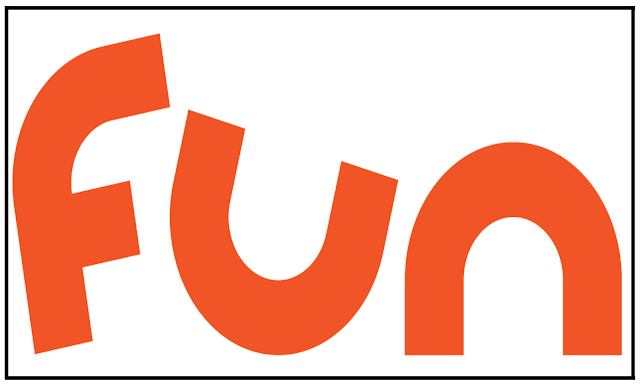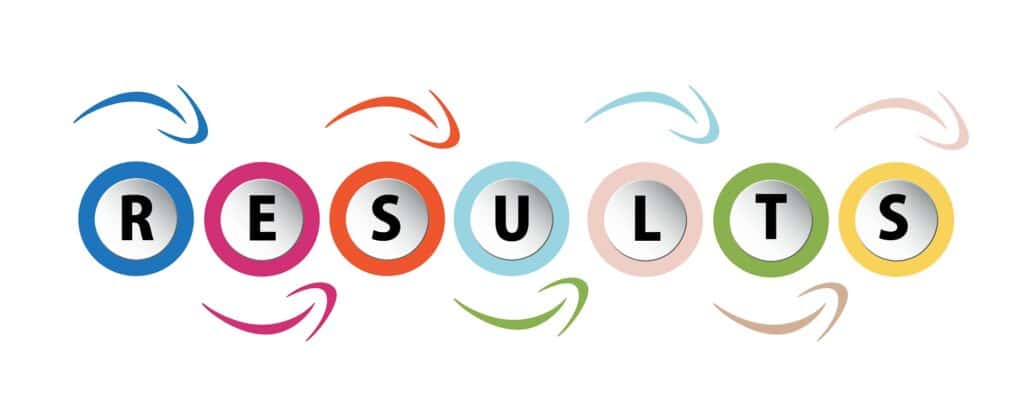Student feedback on teachers seems to be a popular topic at the moment, and I mentioned in an ebrief last term that are investigating it. There is a great deal of research available, much originating from the USA or the UK, which seems to suggest that students, en masse if not individually, are excellent judges of the effectiveness of their teachers. This would not really be surprising – if students spend three a four hours a week with a teacher, it seems likely that they would get a good measure of the characteristics of the teacher, how well the class is going, and how much they are learning. So getting student feedback seems a good idea.

So we dug into the research, and investigated what questions seem to be most closely correlated with student achievement. We thought that by asking these questions, we’d get a sense from our students about how they were doing. And the evidence is clear which the questions are; they are ones like these, to which students agree or disagree on a scale of 1 – 4 (with 1 being strongly disagree, and 4 being strongly agree):
- Students in the class treat the teacher with respect.
- My classmates behave the way my teacher wants them to.
- Our class stays busy and doesn’t waste time.
- In this class, we learn a lot almost every day.
- In this class, we learn to correct our mistakes.
A group of us trialled the questions, and examined the results. What emerged was most instructive, but not for the reasons we had thought. My own classes rated me, and I looked eagerly at the results – lots of 3s and 4s, and the odd 2 – quite encouraging. Most of the trial group had similar experiences. But what was most interesting was that the surveys, while perhaps accurate, were useless for our purposes; they didn’t tell us how we could get better. And then it dawned on us – most schools are using the surveys for accountability purposes – so that the Leadership team can check up on teachers. Our purpose was completely different – to help us support learning better, so that students actually learn and achieve more. These two purposes, while not logically opposed, are in fact a million miles apart psychologically. Fearing a negative report, teachers will often subconsciously ‘prime’ classes, and students will not be honest (usually fearing to write anything remotely negative, very, very occasionally going on a rant). These natural human responses to threats can undermine the very purpose of the survey.
So we did two things. Firstly, we put the process firmly in the hands of the teachers; they collect the data; they reflect on it in departments, in structured ways – but the process is now part of professional growth and reflection, not a threatening judgement. That’s going to lead to honesty. And secondly, we aligned the questions around what the research says about learning – our Learning Principles – so the survey questions are now directly focussed around specific aspects of teaching and learning; if students identify an area for development, the appropriate action is clear, and the teacher can see how to improve, and so the learning will be better. The questionnaire – a copy can be seen here – directs students to think about how they learn, and so completing it is actually a great tool to encourage students to think about their thinking too – that is, it has value in itself rather than simply being a performance management tool.
We’re asking every teacher to use the questionnaire over the next year (we want to spread it out, to avoid death by questionnaire with students answering many questionnaires each month, and to keep the conversations ongoing, rather than an annual event). It’s still work-in-progress, but I thought you’d be interested to know that we are actively engaging with the research, to tailor it to our specific context, in order to better understand how our students are finding the lessons; we can then adapt what we are doing to better support their learning (an informal write up of the research and our process by my colleague Rich Davies can be found here).


